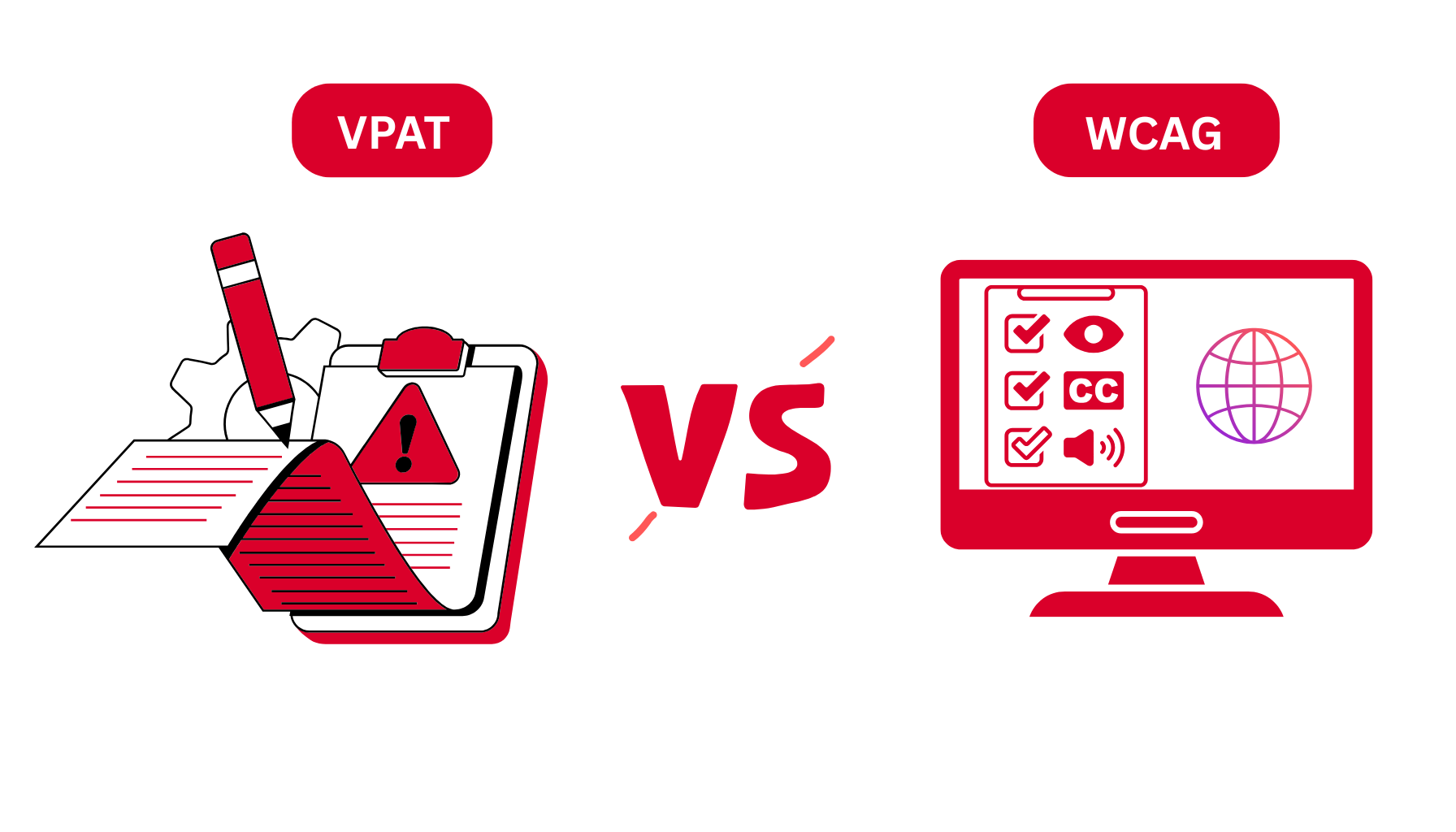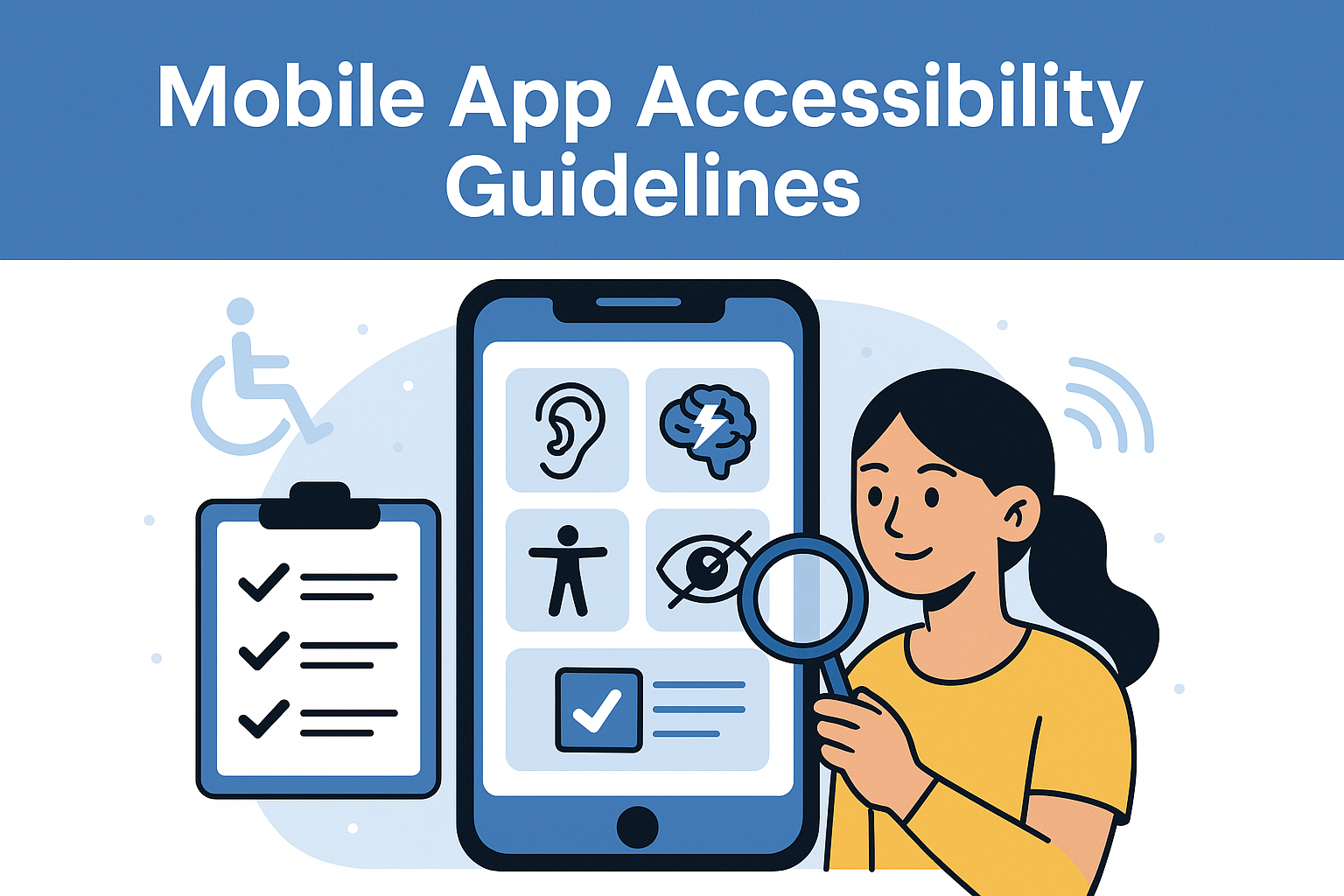
Amit Aggarwal
Amit Aggarwal, Principal Consultant of Accessibility Innovations, possesses an Executive MBA and a wealth of IT certifications, including the Certified Professional in Web Accessibility (CPWA) from the International Association of Accessibility Professionals (IAAP). With over 20 years of experience in project delivery and a decade dedicated to leading transformative initiatives, Amit has orchestrated change across various sectors. He is adept at training both non-technical (focusing on the what, why, and who) and technical (concentrating on the how-to) teams. His strategic efforts have led to the development of successful accessibility strategies for all three levels of government, demonstrating his leadership in guiding organizations towards comprehensive accessibility compliance management.
In his own words, “Our organization is steadfast in its core principles of empathy, inclusivity, and expert guidance, committed to creating environments accessible to all, especially those with special needs. These principles are not merely guidelines but are the bedrock of our mission in every project.”
Amit Aggarwal’s Blog's

When it comes to digital accessibility, two commonly mentioned frameworks are VPAT and WCAG. While both play an important role […]

Ensuring mobile app accessibility is essential for creating an inclusive user experience. Accessible mobile apps allow people with disabilities to […]

Creating an inclusive digital experience is a fundamental responsibility for UX designers. Accessibility guidelines for UX designers ensure that products […]

Ensuring accessibility is not just about compliance—it’s about creating inclusive experiences for all users, including people with disabilities. An accessibility […]


The Accessible British Columbia Act, introduced in 2021, marks a significant step forward in creating a more inclusive and equitable […]
